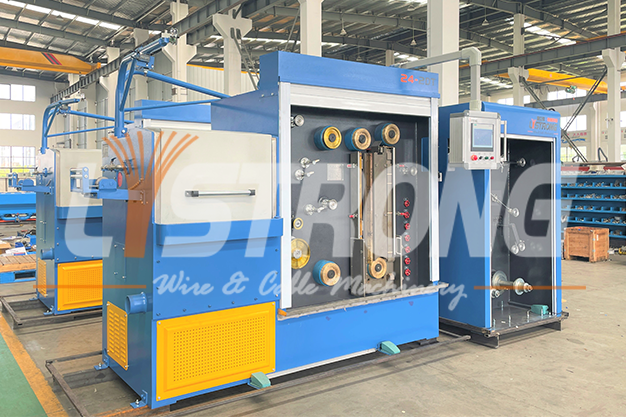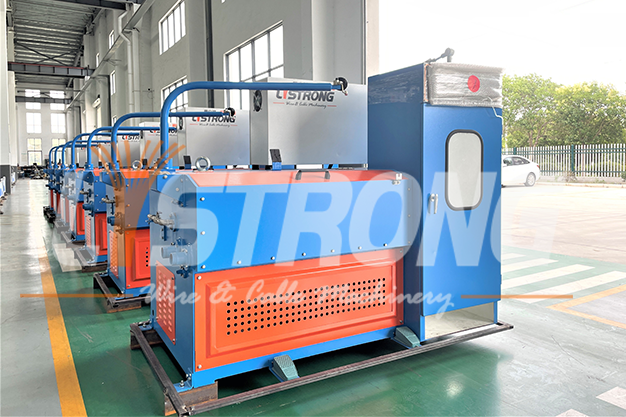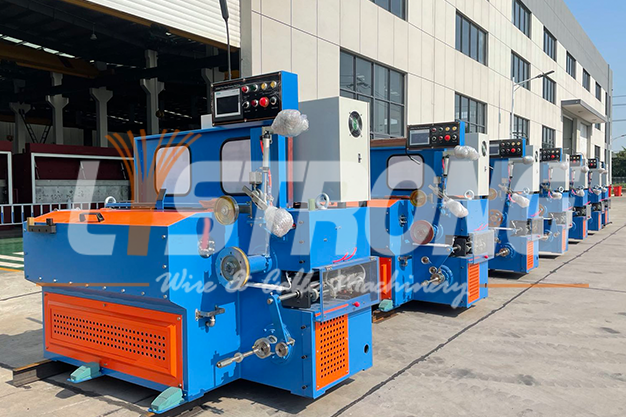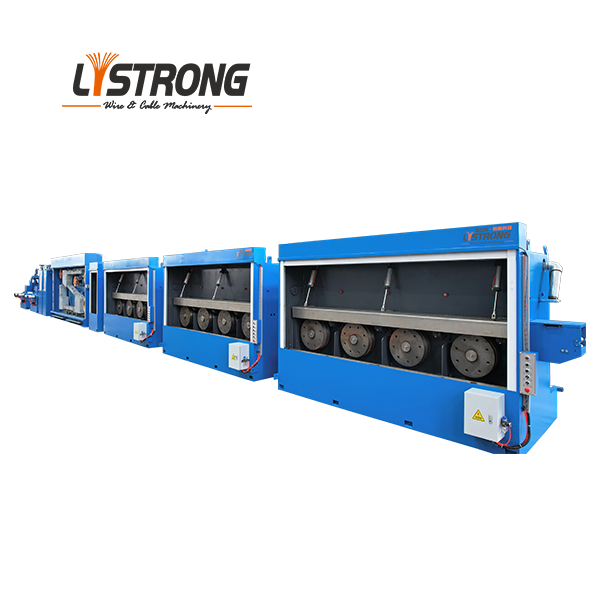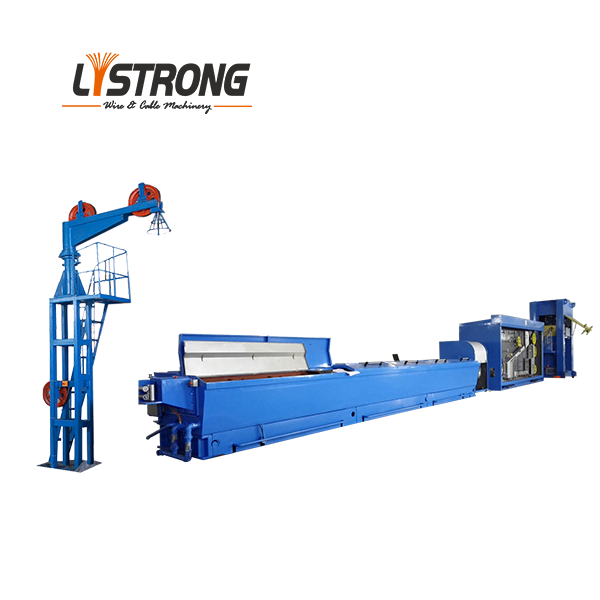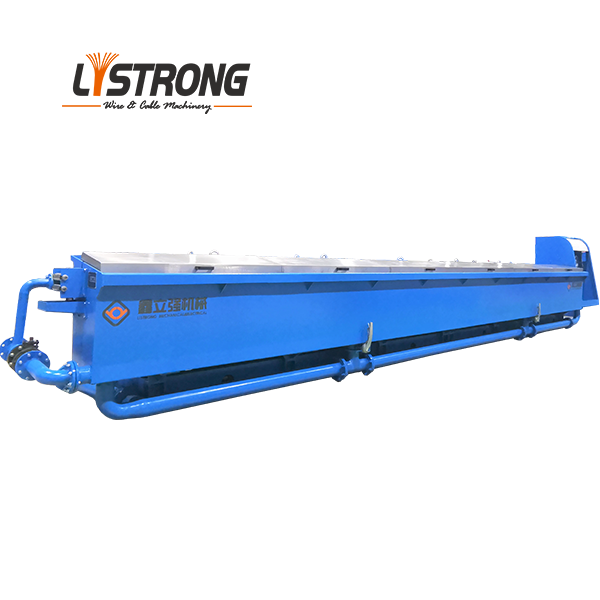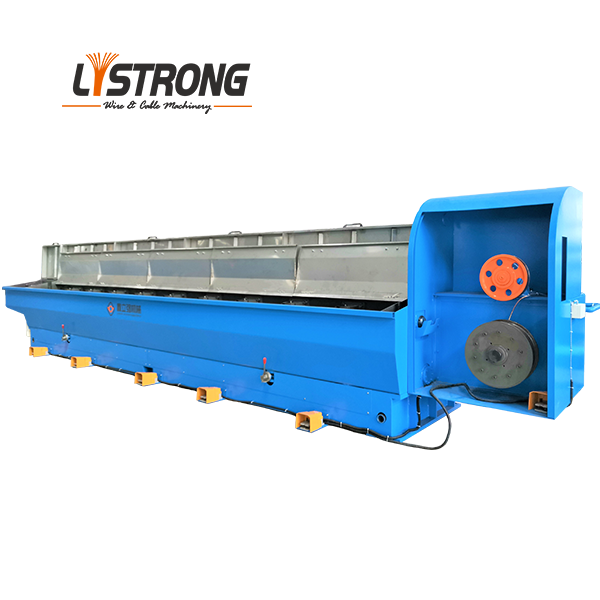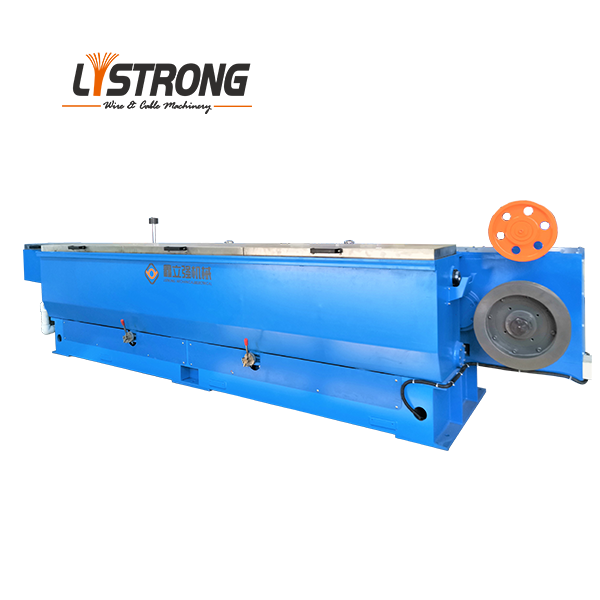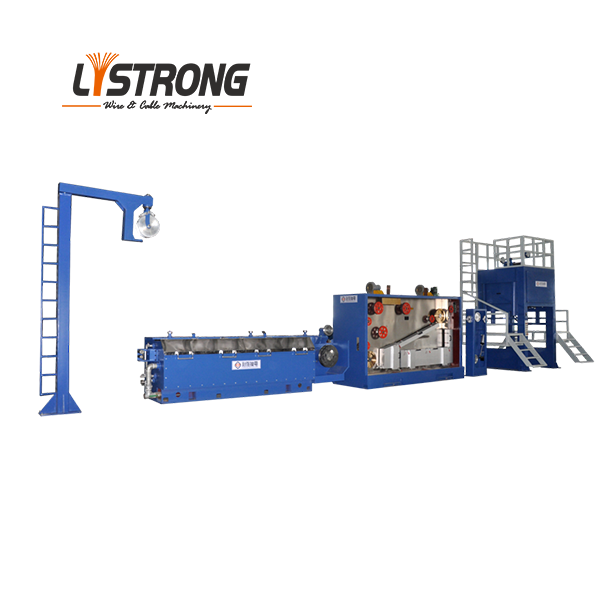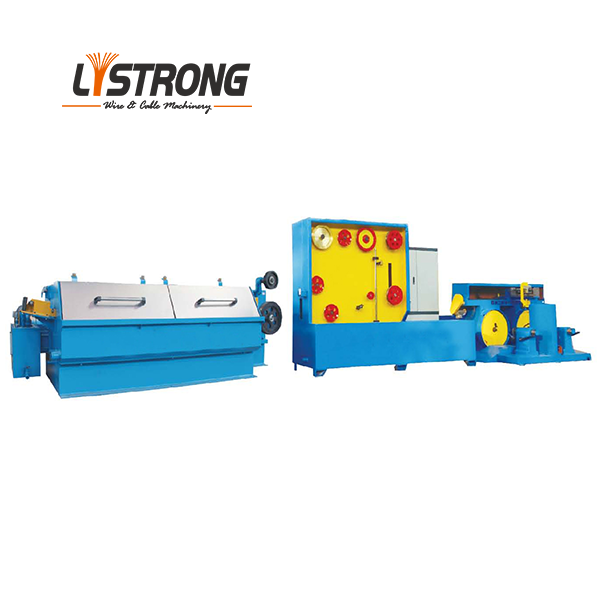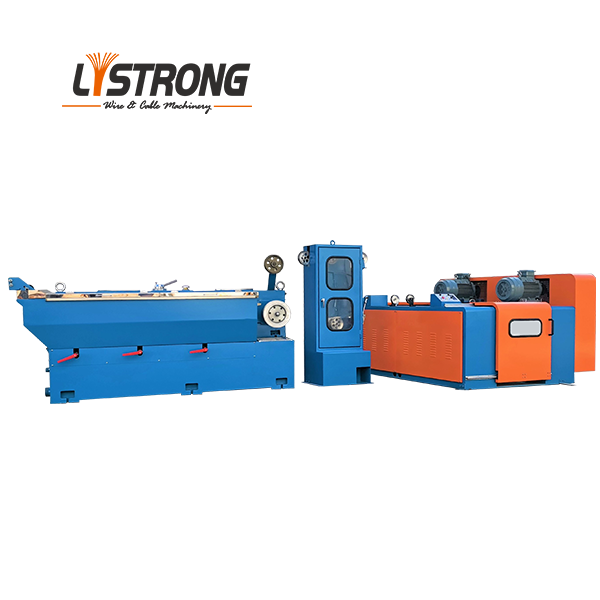450-13/2 450/13-2T Double Copper Rod Breakdown Machine with Annealing (Individual Motor Driven Type)


News Center
Share latest company information & industry trends
News Categories
Check Category
Contact Details
- Tel : +86-13402519623
- Whatsapp : +86 134 025 19623
- E-mail : listrong@listrong.cn
- Office: Suzhou Listrong Imp & Exp Co.,Ltd
- Add: Room 3524 Bldg.23 Greenland Kanhu Life Plaza , SSTT, Suzhou New District,JiangsuProvince,China
- Plant: Jiangsu Listrong Mechanical & Electrical Co.,Ltd
- Add: North JinfengRoad,Precision Machinery Manufacturing Industrial Park,DongtaiCity,JiangsuProvince,China
Please contact us through the following contact information.
Lubricant's influence factors on the wire drawing machine
- Categories:News
- Time of issue:2021-04-10 13:27
(Summary description)Listrong Sharing_The concentration, temperature and cleanliness of the lubricant directly affect the stretching effect of the wire.
Lubricant's influence factors on the wire drawing machine
(Summary description)Listrong Sharing_The concentration, temperature and cleanliness of the lubricant directly affect the stretching effect of the wire.
- Categories:News
- Time of issue:2021-04-10 13:27
- Views:
Information
(1) Concentration. The high concentration of the lubricant improves its lubrication effect. The friction coefficient between the metal wire and the die hole wall is small, the corresponding friction force is also reduced, and the tensile force decreases. However, if the concentration is too high, the viscosity of the lubricant will also increase, and its flushing effect will be reduced. The metal chips in the die hole are not easily taken away, resulting in poor surface quality of the wire. If the concentration is too high, the metal chips will not precipitate and will be suspended in the lubricant, which will affect the lubrication effect.
(2) Temperature. The temperature of the lubricating fluid is too high and loses its cooling effect, which causes the temperature of the metal wire and mold to rise, the wire is oxidized and discolored, and the mold life is reduced. It also affects the strength of the grease lubricating film and reduces the lubricating effect. If the temperature is too high, the viscosity of the lubricant will rise, which is not conducive to stretching.
(3) Cleanliness. Acid substances mixed into the lubricant will cause the lubricant to stratify and lose its lubricating effect. The increase in the alkali content in the lubricant will cause corrosion hazards to the stretched metal wire. There are solid impurities in the lubricant, which affect the lubrication system of the equipment, resulting in insufficient supply of lubricating fluid, and reducing the role of the lubricant.
Scan the QR code to read on your phone
- Relevant Information
- Share the latest developments of the company and industry exhibition information with you.
- Related Products
- A professional wire and cable production equipment manufacturer
Follow Us
Signup for our newsletter to stay
up-to-date on our promotions, discounts,
sales, special offers and more.
- Office : Suzhou Listrong Imp & Exp Co.,Ltd Add: Room 3524 Bldg.23 Greenland Kanhu Life Plaza , SSTT, Suzhou New District,JiangsuProvince,China
- Plant : Jiangsu Listrong Mechanical & Electrical Co.,Ltd Add: North JinfengRoad,Precision Machinery Manufacturing Industrial Park,DongtaiCity,JiangsuProvince,China
- Mob./Whatsapp/Wechat : +86-13402519623 ( Ms Erica Liu )
- E-mail : listrong@listrong.cn
CopyRight © 2021 LISTRONG Mechanical & Electrical Co., Ltd. All rights reserved. 苏ICP备2023022378号-2 Powered by:www.300.cn IPv6 network supported












